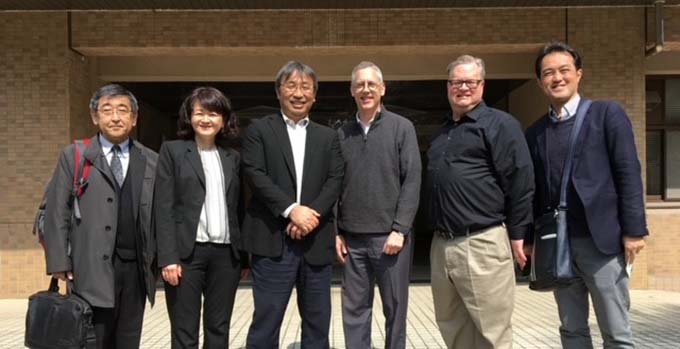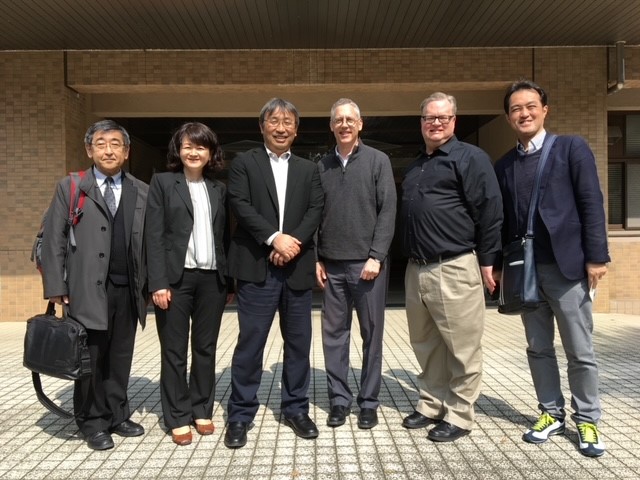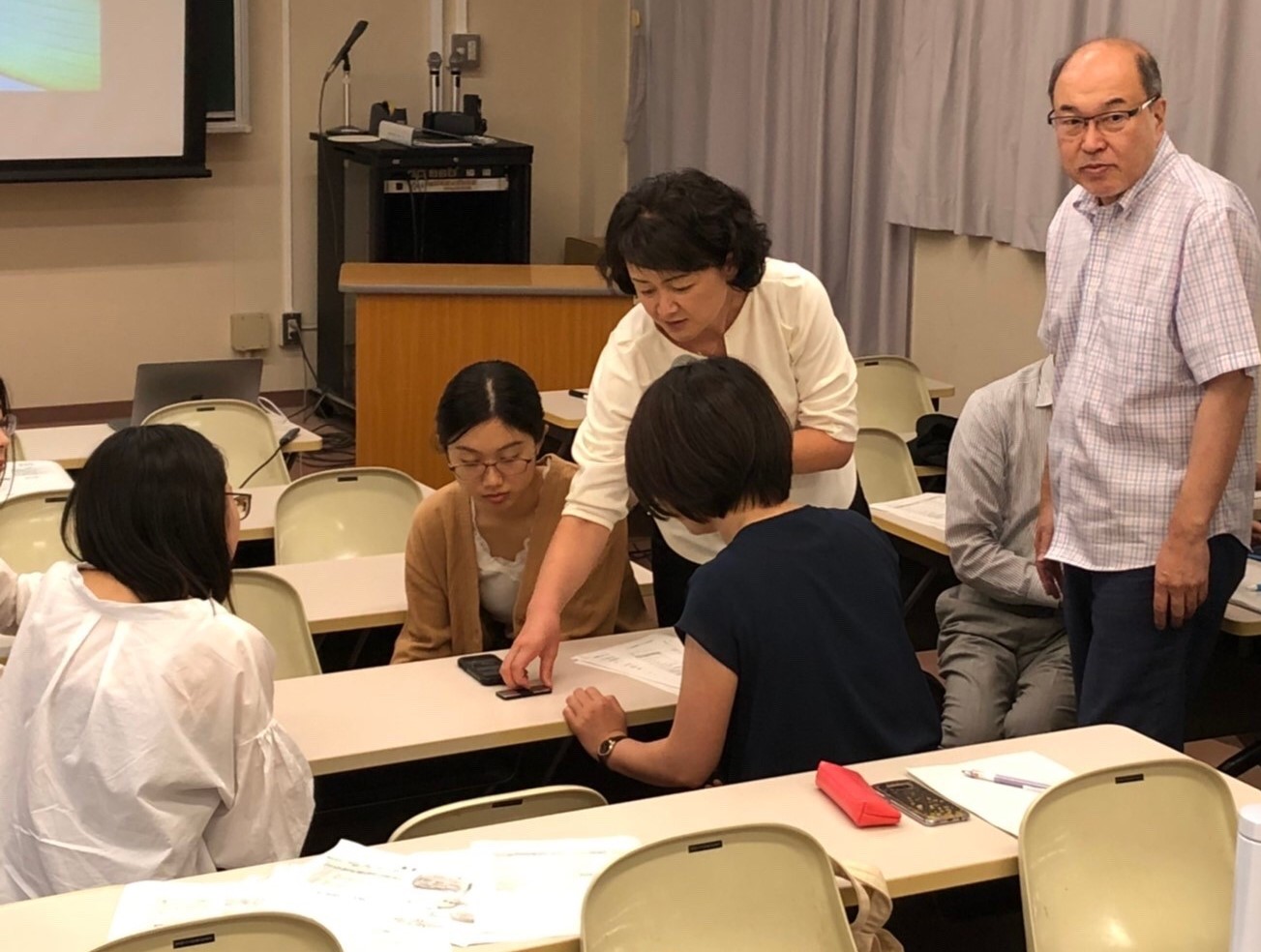New Mexico Approves Master of Science in Anesthesia Program at UNM

Dispensing Education
International Pharmacy Program Launched by UNM’s Mikiko Takeda Wins Prestigious Award
 Despite a 6,524-mile distance and 15-hour time difference, Mikiko Takeda, PharmD, MS, PhC, has made it her mission to be a bridge between The University of New Mexico College of Pharmacy and various pharmacy schools in Japan.
Despite a 6,524-mile distance and 15-hour time difference, Mikiko Takeda, PharmD, MS, PhC, has made it her mission to be a bridge between The University of New Mexico College of Pharmacy and various pharmacy schools in Japan.
Takeda, who is an associate professor of Pharmacy Practice and Administration Sciences at The University of New Mexico College of Pharmacy and a pharmaceutical clinician at UNM Pain Center and First Choice Community Healthcare Clinic, received her initial pharmacy education from Nagasaki University in Japan. Looking back, she said there were gaps in the curriculum – notably on clinical practices.
“The reason I came to the United States is because we didn’t have enough clinical pharmacy education [in Japan],” she said. “We have a really good general knowledge of chemistry, but in order for pharmacists to practice and to provide better patient care, pharmacy education should focus on clinical pharmacy.”
After realizing she could make a difference, Takeda helped launch The University of New Mexico International Teaching Certificate Program (ITCP) in 2020. The program was developed for Japanese faculty members to help them develop their clinical pharmacy education programs.
Due to her sedulous efforts, the ITCP recently earned a top national award for its impact on global pharmacy.
In April, the American Association of Colleges of Pharmacy awarded the ITCP its New Program Award, presented annually to a U.S. program that was established within the previous five years. According to the award announcement, the committee noted “the interesting and noteworthy nature of the program in training faculty as well as the positive feedback from faculty participants.”
I was so happy because, as a college, we have been working so hard to maintain our relationships with our partner schools. As a pharmacist and a faculty member who received pharmacy education in both the United States and Japan, I really wanted to be a bridge between the two countries.”
“I was so happy because, as a college, we have been working so hard to maintain our relationships with our partner schools,” she said. “As a pharmacist and a faculty member who received pharmacy education in both the United States and Japan, I really wanted to be a bridge between the two countries.”
Before the program could be created, Takeda – along with Donald A. Godwin, PhD, dean of College of Pharmacy, and Barry Bleske, PharmD, chair of the Department of Pharmacy Practice and Administrative Sciences in the College of Pharmacy – traveled to Japan to conduct a needs assessment of the Nagasaki University School of Pharmacy and Kumamoto University School of Pharmacy.
“We really wanted to identify what we could do as a partner pharmacy school,” she said. “We figured out they needed a method to teach clinical pharmacy so that they could better educate pharmacy school students.”
Takeda said faculty members at Japanese pharmacy schools typically have doctoral degrees but have no experience working as a pharmacist, unlike pharmacy school clinical faculty members in the U.S.
“Their focus is research, not clinical pharmacy” she said. “But they need to teach clinical pharmacy.”
After the program was launched in the fall of 2020, Takeda said two faculty members from each university were invited to join the 16-week-long program. After the success of the first course, they invited two faculty members from a third university, Osaka University School of Pharmacy.
“We shared teaching methodology, rubrics and how to write learning objectives and test questions,” she said. “Those are really basic stuff to U.S. pharmacy faculty members, but with Japanese pharmacy faculty members, it’s pretty new, amazingly.”
Takeda said that even though the ITCP began during the height of the COVID-19 pandemic and had to cease in-person meetings, the growing connection between the College of Pharmacy and the two universities in Japan could not be suppressed.
“The COVID pandemic stopped us visiting the partner pharmacy schools in Japan,” she said. “However, the pandemic could not stop developing the partnership. We were able interact with each other via Zoom.”
